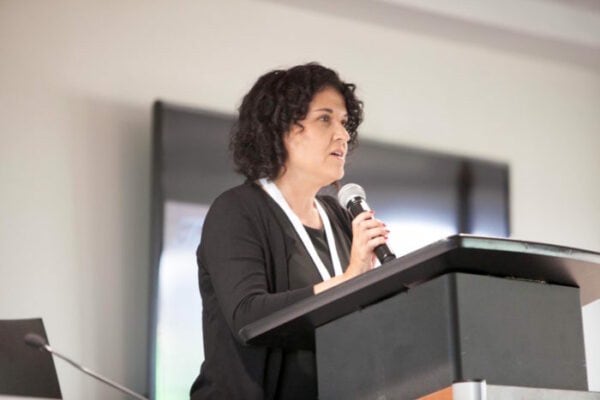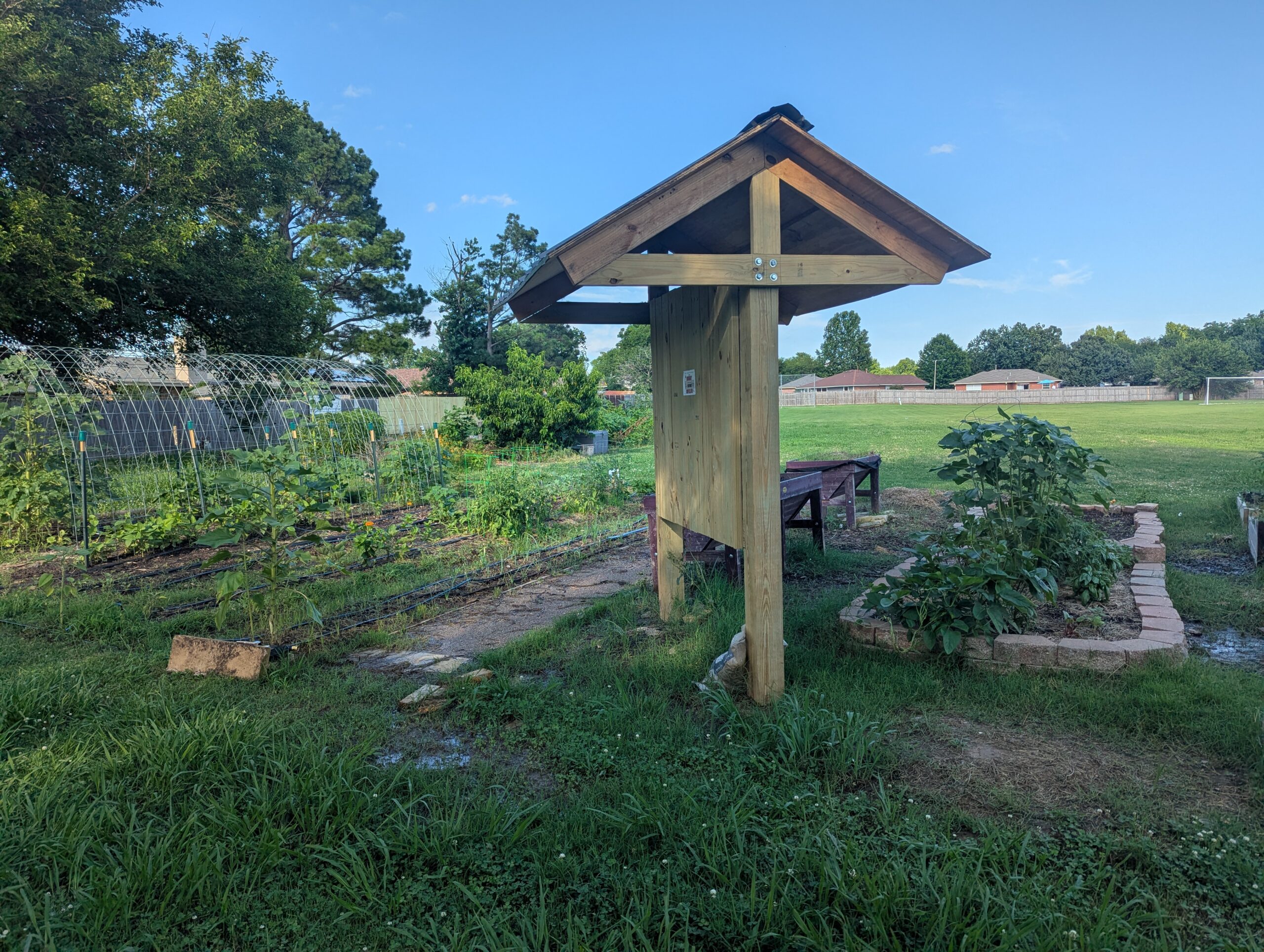
Ana Lucia Araujo
Ana Lucia Araujo is a professor in the Department of History of Howard University. She lives in Arlington, Virginia, and has been a member since 2007.
Website: https://www.analuciaaraujo.org/
Twitter: @analuciaraujo_
Facebook: analucia.araujo.7
Alma maters: BA (visual arts), Universidade Federal do Rio Grande do Sul (Brazil); MA (history), Pontifícia Universidade Católica do Rio Grande do Sul (Brazil); PhD (art history), Université Laval (Canada); PhD (history and social and historical anthropology), Université Laval (Canada) and École des Hautes Études en Sciences Sociales (France)
Fields of interest: slavery, memory, heritage, visual culture, Brazil, Atlantic world
Describe your career path. What led you to where you are today? My career path is interdisciplinary and international. As a historian who was also trained in art history and anthropology, I work not only with written documents, but also with visual images and material culture. My research also includes carrying fieldwork during which I attend ceremonies and conduct oral interviews. My research was shaped from my experience of working in various languages and cultural contexts and was greatly impacted by my experience as a migrant scholar. My interest in the history of Africa and the populations of African descent and my quest for social justice led me to where I am today.
What do you like the most about where you live and work? The Washington, DC, area offers access to a variety of repositories such as the National Archives, the Library of Congress, and the Moorland Spingarn Research Center. I also appreciate having easy access to museums such as the new National Museum of African American History and Culture and the National Museum of African Art, as well as numerous slavery heritage sites such as Mount Vernon, Montpelier, and Monticello. I also love my students at Howard University.
What projects are you currently working on? I am wrapping up a book provisionally titled Slavery in the Age of Memory that explores how different modalities of memory (collective, public, cultural, official) shape the ways slavery is memorialized. I am also in the initial stages of a project examining demands of restitutions of African heritage to western museums.
Have your interests evolved since graduation? If so, how? My interests evolved from an initial focus on the exchanges between Brazil and France to the development of a broader angle that addresses the Atlantic world and engages the history of slavery and its memory through a transnational framework.
What’s the most fascinating thing you’ve ever found at the archives or while doing research? In various archives in Brazil, Republic of Benin, or the United States, what fascinates me the most is to read firsthand testimonies conveying the voices of social actors who were either slavers or enslaved. Also, when doing fieldwork, I am fascinated to find out many similarities regarding the way former slave port cities memorialize slavery and the Atlantic slave trade.
Is there an article, book, movie, blog etc. that you could recommend to fellow AHA members? The blog Black Perspectives of the African American Intellectual History Society.
What do you value most about the history discipline? The ability of building arguments based on evidence.
Why is membership in the AHA important to you? It is important because it allows me to connect with other historians. This is a moment in which we need more than ever to support the work of historians.
Do you have a favorite AHA annual meeting anecdote you would like to share? Between 2008 and 2015, I annually convened multi-session workshops on slavery at AHA meetings. The panels of these workshops were rich opportunities to meet and know scholars who otherwise I would have never met.
AHA members are involved in all fields of history, with wide-ranging specializations, interests, and areas of employment. To recognize our talented and eclectic membership, Perspectives Daily features a regular AHA Member Spotlight series.
This work is licensed under a Creative Commons Attribution-NonCommercial-NoDerivatives 4.0 International License. Attribution must provide author name, article title, Perspectives on History, date of publication, and a link to this page. This license applies only to the article, not to text or images used here by permission.



